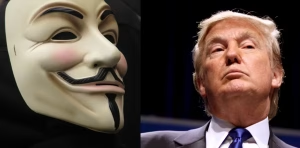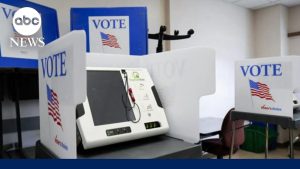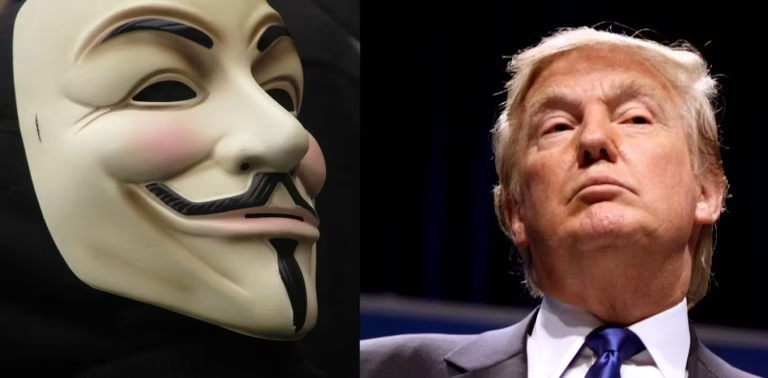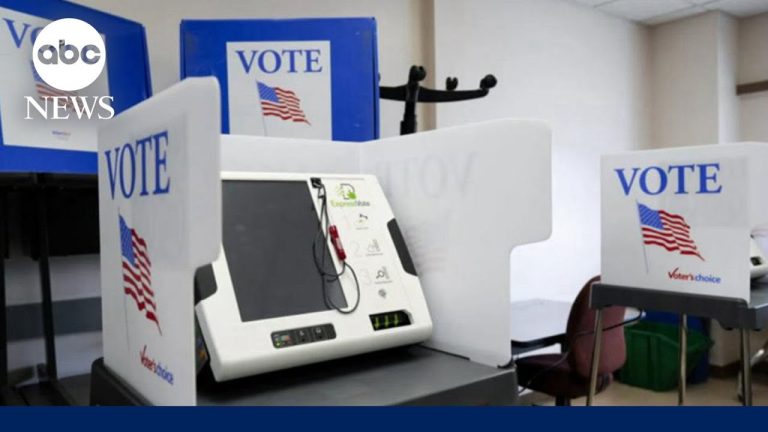Click the graphic above for interactive content and additional information
Thirty-one states require all voters to show ID before voting at the polls. In 15 of these, the ID must include a photo of the voter; in the remaining 16, non-photo forms of ID are acceptable. Voter ID laws can be broken down into the three following categories:
Strict Photo ID (8 states): Voters must show a photo ID in order to vote. Voters who are unable to show photo ID at the polls are permitted to vote a provisional ballot, which is counted only if the voter returns to election officials within several days after the election to show a photo ID. At the beginning of 2011, there were just two states–Georgia and Indiana–with strict photo ID laws. Two states–Kansas and Wisconsin–passed new strict photo ID laws in 2011, and three states with non-photo ID laws–South Carolina, Tennessee and Texas–amended them to make them strict photo ID laws. None of these new laws is in effect yet, although they likely will be before the 2012 elections. Also in 2011, Mississippi voters approved via the citizen initiative process a strict photo ID requirement. The legislature will have to pass implementing legislation before the requirement can take effect. See the notes below Table 1 for more information regarding effective dates for new legislation.
Photo ID (7 states): Voters are asked to show a photo ID in order to vote. Voters who are unable to show photo ID are still allowed to vote if they can meet certain other critieria. In some states, a voter with ID can vouch for a voter without. Other states ask a voter without ID to provide personal information such as a birth date, or sign an affidavit swearing to his or her identity. Voters without ID are not required to return to election officials after the election and show a photo ID in order to have their ballots counted in the manner that voters without ID in the strict photo ID states are. The seven states with photo ID laws are Alabama, Florida, Hawaii, Idaho, Louisiana, Michigan and South Dakota.
Non-Photo ID (16 states): All voters must show ID at the polls. The list of acceptable IDs is varied and includes options that do not have a photo, such as a utility bill or bank statement with the voter's name and address. Rhode Island passed a new voter ID law in 2011. It takes effect in stages — beginning in 2012, voters will be required to show an ID (although not necessarily a photo ID) at the polls, and in 2014 a photo ID requirement will take effect.









